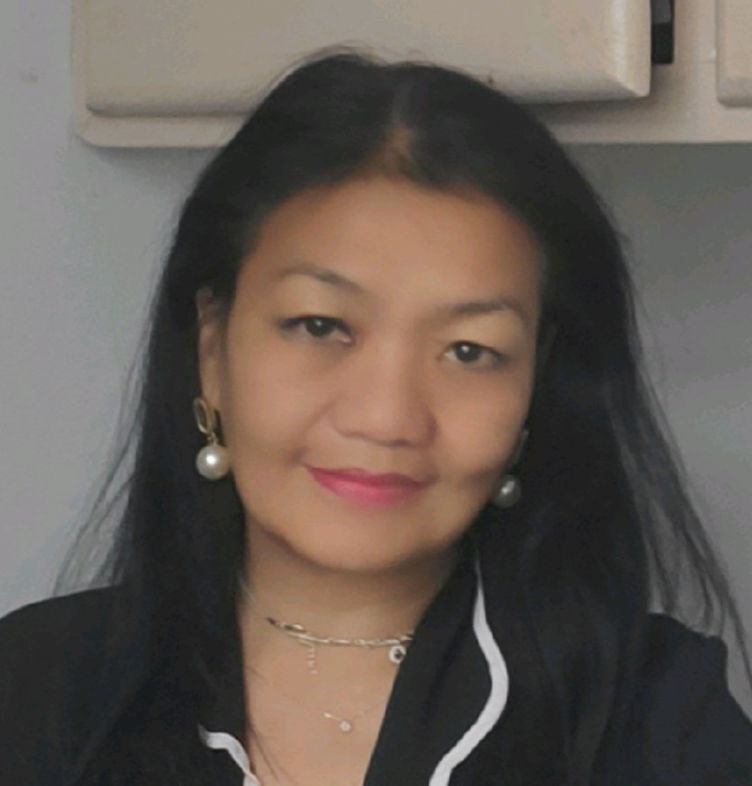Lessons from Lee
- By Mar-Vic Cagurangan
- Nov 8, 2016
- 2 min read
Besides the voter eligibility issue that is still locked in a court battle, the decolonization of Guam is paralyzed by our collective ambivalence over what political status is best for the island. Getting a unified voice seems impossible in an island populated by diverse ethnic groups that come from different cultural and political backgrounds.
Some — especially those ineligible to vote in the yet-to-be-scheduled self-determination plebiscite— sit on the fence, satisfied with the status quo, having no emotional investment in bigger political issues such as participation in the national elections. But being granted the right to vote for the U.S. president, if we are to remain an American territory, is too important for most to pass over.
What’s best for Guam then? We look to our neighbors and wonder if they have it any better. Are freely associated states in an enviable position? Will the federal government eventually treat Guam seriously if it became a state? And then we look at the most radical option—independence. Is Guam ready for this?
The skeptics may doubt it, but the Independence Task Force is optimistic. “Choosing independence doesn’t mean choosing a path to doom,” said Ana Borja, a member of the task force.
I doubt Guam looks at the Philippines, a former U.S. colony, as a model. The Philippines broke away from the United States, inspired by a quite prophetic slogan “It is a better to have a government run like hell by Filipinos, than a government like heaven by the Americans.”
The Independence Task Force looks at Singapore as a model to follow.
“In the annals of nation-building, Singapore’s transformation during (Lee Kuan Yew’s) tenure is one of the 20th century’s foremost achievements,” Aliee Wyne, associate at the Harvard Kennedy School’s Belfer Center for Science and International Affairs, wrote in his August 2016 column in the Huffington Post.
Singapore is an enigma. While Lee’s strategy for economic growth is awe-inspiring, the system of governance is removed from American-style democracy, which he described as “disputatious” and “difficult to manage. The “winning” formula, he said was “more discipline and less democracy.”
If we are looking at the Singapore model, we must proceed with caution.
But this is not to say we can’t learn from Singapore’s political system. Wyne cited at least two lessons the United States should take from Singapore’s success. “The first,” Wyne writes, “is that the quality of a country’s leaders depends in large part on the political milieu in which they
emerge.”
Lee frowned on an electoral exercise in which the contest is based on outward appearance, boosted by “packaging and advertising.” He disapproved of political patronage that makes political candidates beholden to privileged interests.
“The second lesson is that ideology should not drive policy,” Wyne said. “With America’s political center shrinking, so, too, is the ability and willingness of Republicans and Democrats to collaborate to generate nuanced, durable prescriptions.”
Such prescription can apply to Guam’s own political system, which is a copycat of the national political landscape. No matter what political status we choose, this aspect of Singapore is worth-emulating.




